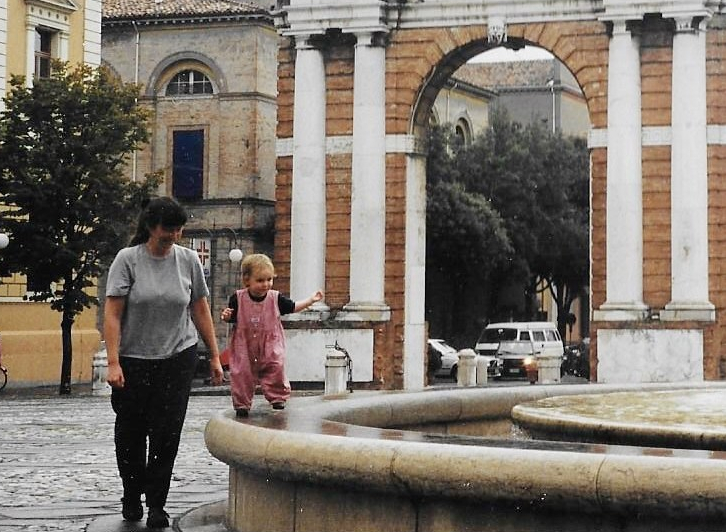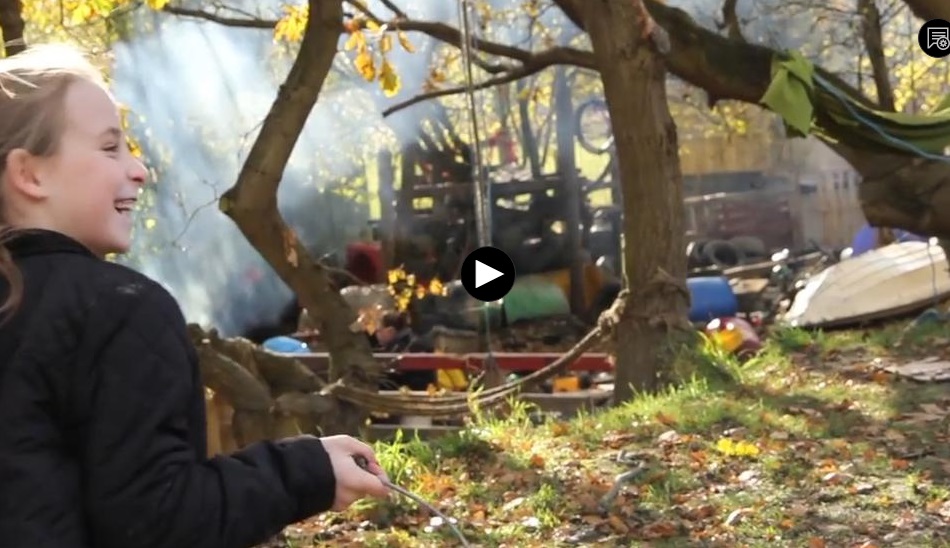Children hunger for a taste of freedom. They are strongly driven to get to grips with the people, places and things around them. To figure stuff out for themselves, to learn new skills, and to build their self-confidence and their sense of what they are capable of.
Much of this figuring out, this learning, this confidence-building, happens when children are playing, exploring, experimenting, and testing themselves.

This ‘effort after mastery’ is an incredibly powerful, natural learning impulse. What is more, it kicks in right from birth, and can be seen throughout childhood. Just watch any toddler learning to walk, trying over and over to master the art of putting one foot in front of the other.
Continue reading →




